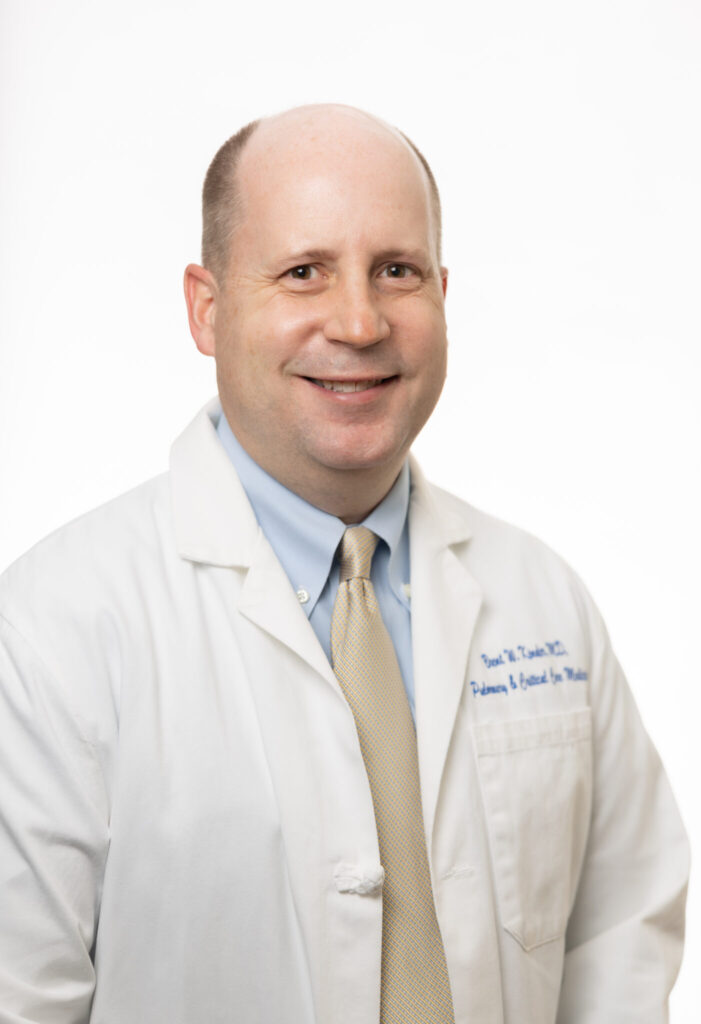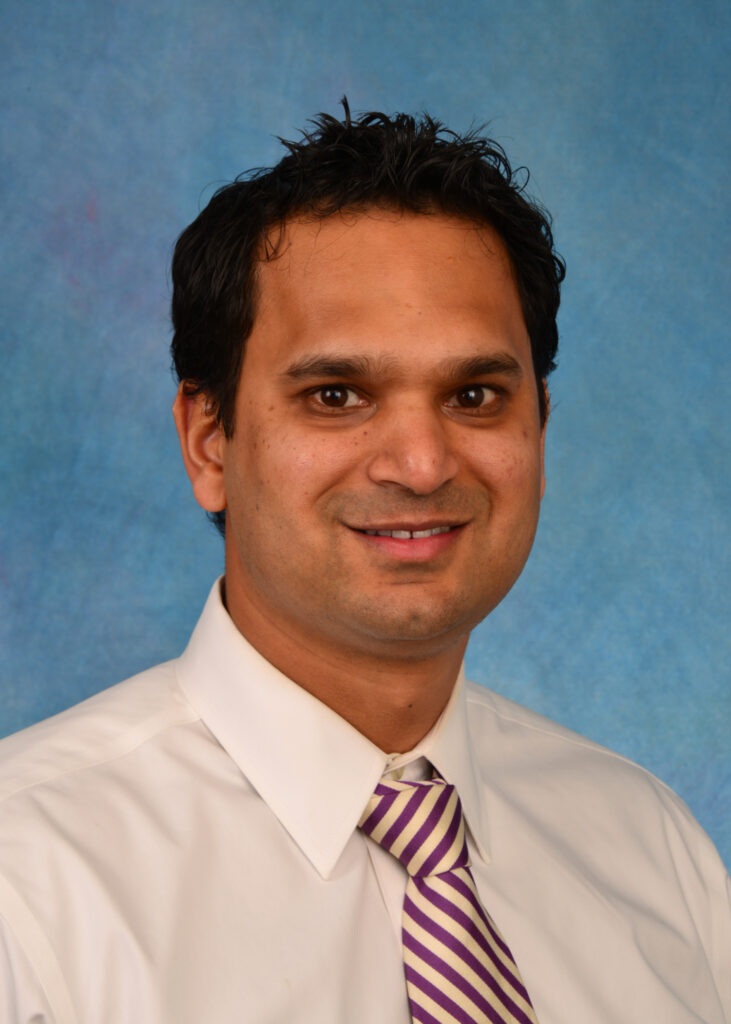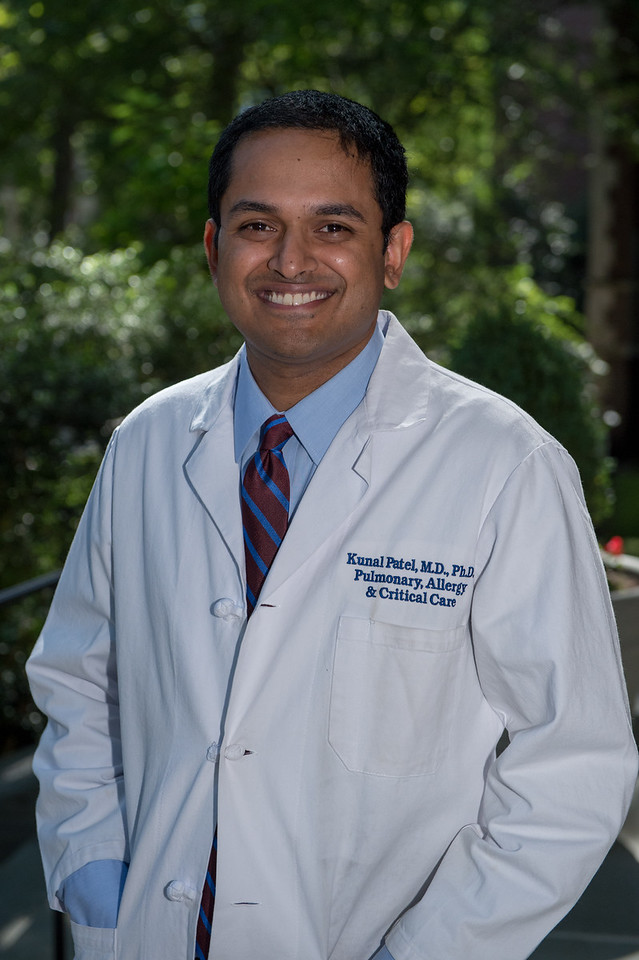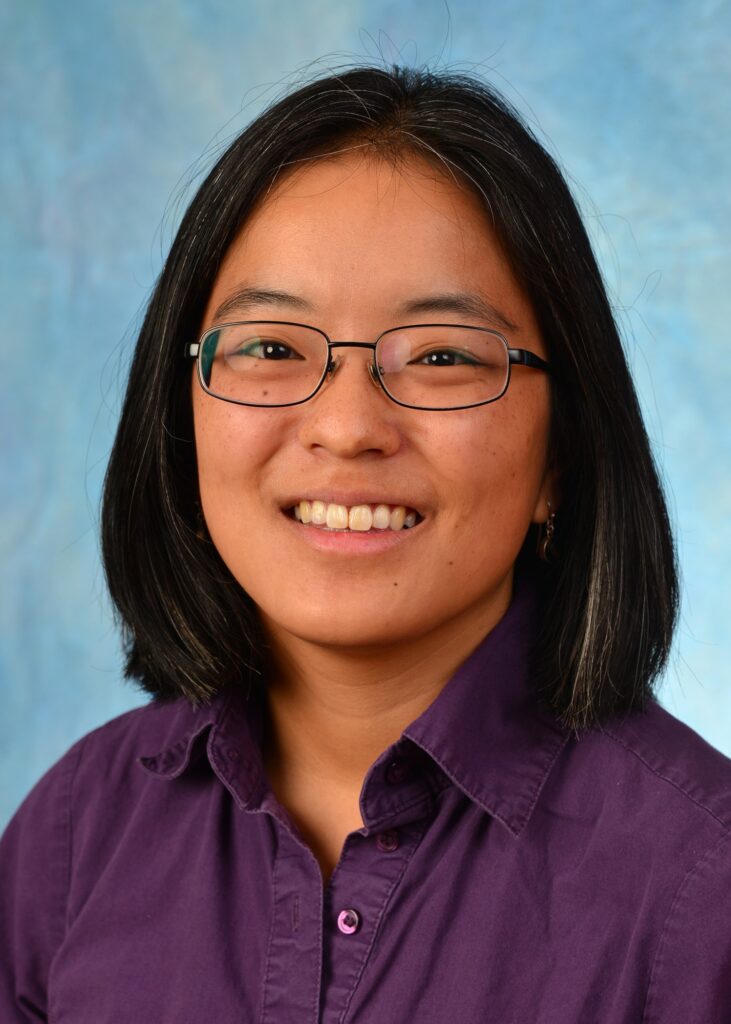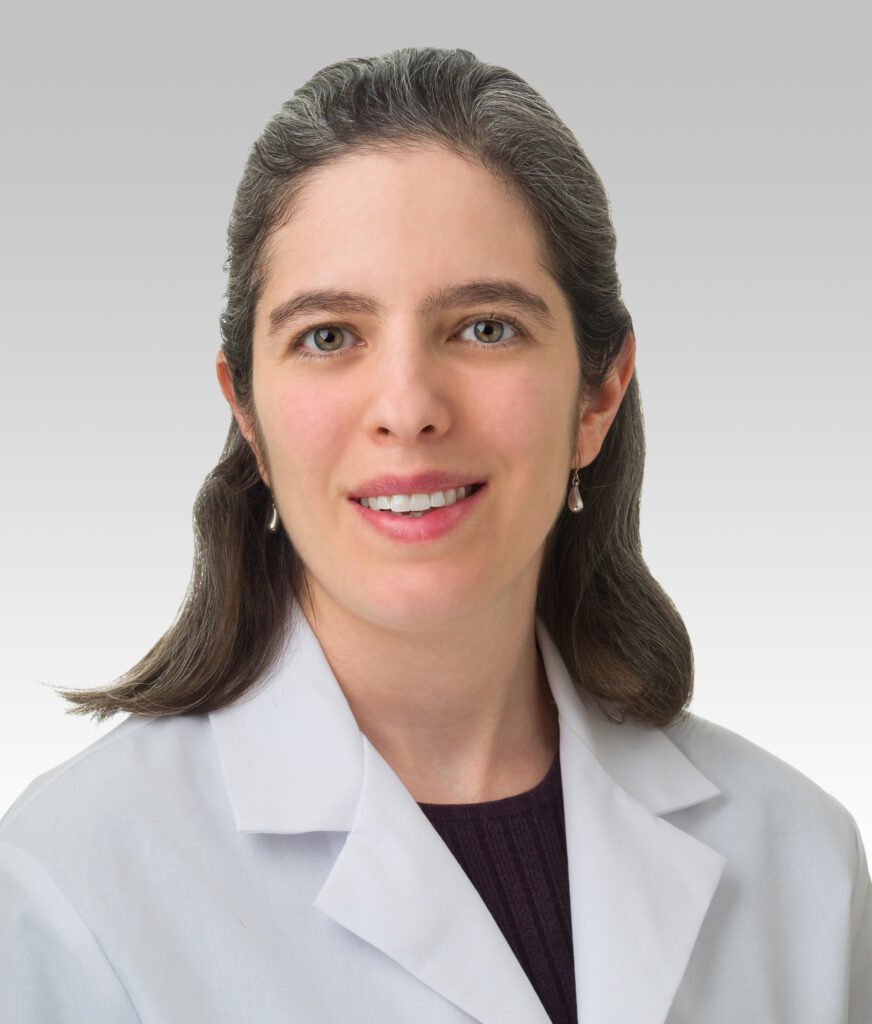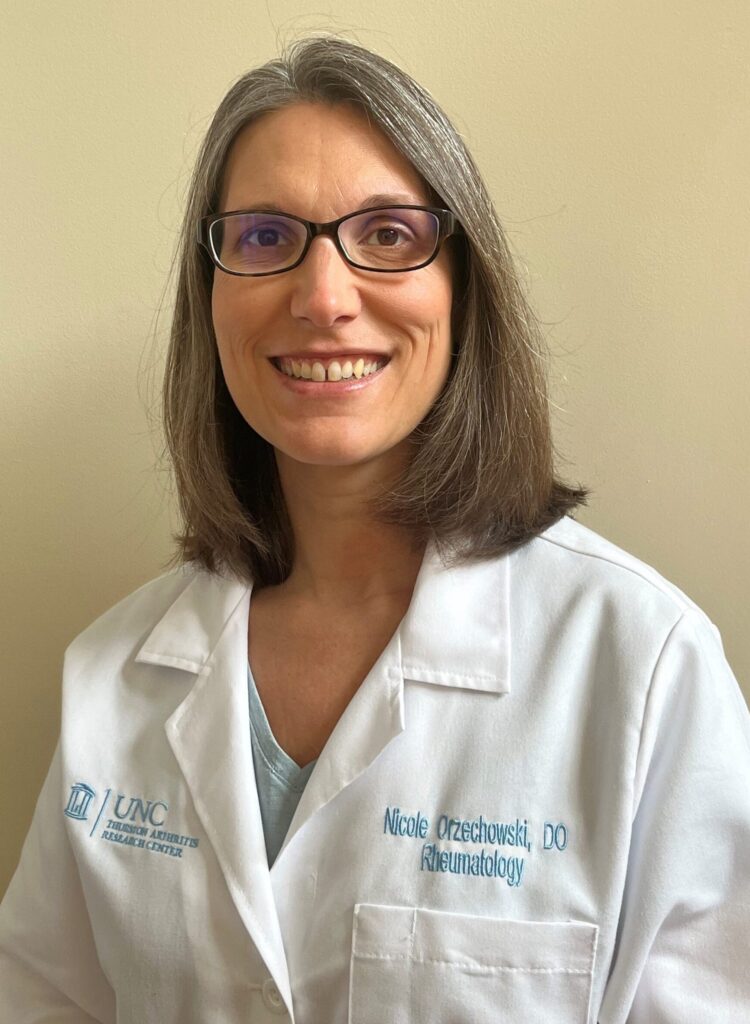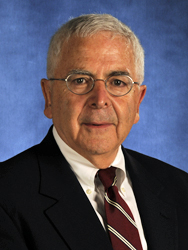Interstitial Lung Disease
Interstitial lung disease refers to a group of lung diseases characterized by scarring (fibrosis) and/or inflammation of the lungs that gradually progresses over time leading to shortness of breath. While there are many known causes of interstitial lung disease, the cause in many cases remains unknown. The following is a partial list of diseases we treat:
- Idiopathic Pulmonary Fibrosis (IPF)
- Other Idiopathic Interstitial Pneumonias (Non-specific Interstitial Pneumonia)
- Autoimmune (Connective tissue) related Interstitial Lung Disease
- Systemic rheumatic disease related Interstitial Lung Disease
- Cryptogenic Organizing Pneumonia
- Hypersensitivity Pneumonitis
- Drug-related Interstitial Lung Disease (pneumonitis)
- Exposure-related Interstitial Lung Disease (Occupational and environmental exposures such as asbestosis, black lung/pneumoconiosis, silicosis, etc)
- Pulmonary Langerhans cell histiocytosis (Eosinophilic Granuloma, Histiocytosis X)
- Lymphangioleiomyomatosis
- Bronchiolitis
- Vasculitis-related Interstitial Lung Disease
- Diffuse Alveolar Hemorrhage
- Eosinophilic Pneumonias
- Pulmonary alveolar Proteinosis
- Lymphocytic Interstitial Lung Diseases (LIP)
Our Mission
The University of North Carolina (UNC) Interstitial Lung Disease Center is dedicated to helping patients with Interstitial Lung Disease.
Our mission is:
- To provide state of the art diagnostic testing, therapies, and care for patients with interstitial lung disease
- To provide guidance to patients and to providers regarding the management of interstitial lung disease
- To improve the diagnostic process and treatment options for interstitial lung diseases through research and clinical trials
What Will Happen During Your Visit
The initial consultation process at the UNC ILD Clinic typically is as follows:
- Arrive at clinic at scheduled appointment time
- Meet with clinic nurse for weight and vital signs
- Meet briefly with the clinical coordinator to be informed about participation in an ILD clinical research database
- Perform pulmonary function testing including a 6 minute walk
- Perform advanced lung disease imaging if not already done
- Consultation appointment with an ILD specialist (typically 60 minutes in length)
- Check out with clinic nurse/complete lab testing
- The ILD team meets as a group to review your history, radiology, lab work and pathology
- Your ILD doctor finalizes his/her opinion after reviewing all your materials
- A comprehensive letter describing your doctor’s findings as well as the most appropriate treatment approach for your situation is sent to your referring provider
- Your ILD doctor may also recommend further diagnostic testing if your diagnosis unclear.
Lung Transplantation Evaluation
Depending upon the stage of your lung disease, lung transplantation may be an appropriate part of your management. When you visit with your doctor, you can discuss this. The UNC Interstitial Lung Disease Center works closely with the UNC Lung Transplant Team, the first lung transplant center in the state.
LAM and Rare Lung Disease Clinic
The LAM Foundation aims to improve the care and treatment for all women with Lymphangioleiomyomatosis (LAM). LAM Clinics are strategically located in hospitals or medical centers across the United States where there are clinicians and researchers who have an interest in LAM and who value research in rare diseases. UNC is a LAM Foundation approved LAM Clinic and is the first site approved in North Carolina or Virginia. Our team is also interested in improving the care and treatment of patients with other rare lung diseases. Rare lung conditions of interest include Pulmonary Langerhans cell histiocytosis, Pulmonary Alveolar Proteinosis, Sarcoidosis, Sjogren’s Syndrome, and Alpha-1 antitrypsin deficiency among others.
Pulmonary Fibrosis Foundation Care Center Network
The Pulmonary Fibrosis Foundation Care Center Network is a series of clinics with expertise in diagnosing and managing patients with pulmonary fibrosis and interstitial lung disease with a high level of understanding as well as the support services patients needs to improve the quality of their lives. UNC is a PFF CCN approved clinic as of 2022.
How to Contact Us For An Appointment
Referrals/Appointments: 984-974-5703
Fax: 984-974-5737
Helpful resources
Our Team
Clinical Pulmonology
-
Associate Professor of Medicine
Office: 919-966-3145Email: brent_kinder@med.unc.eduKimberly H. Tsamoutales Distinguished Professor of Medicine
Medical Director of the Lung Transplant and Interstitial Lung Disease Centers
Email: jason_lobo@med.unc.eduAssistant Professor of Medicine
Assistant Professor of Medicine
Email: Benjamin_sines@med.unc.eduAssistant Professor of Medicine
Clinical Rheumatology
-
Assistant Professor of Medicine
Associate Professor of Medicine
Medical Director, UNC Rheumatology Clinic
Assistant Professor of Medicine
Radiology
-
Professor of Radiology, Thoracic Imaging
Professor- Thoracic Imaging
Vice Chair of Quality and Safety
Professor of Radiology
Division Chief, Cardiothoracic Imaging
Pathology
-
Professor of Medicine
ILD Nurse Coordinator
